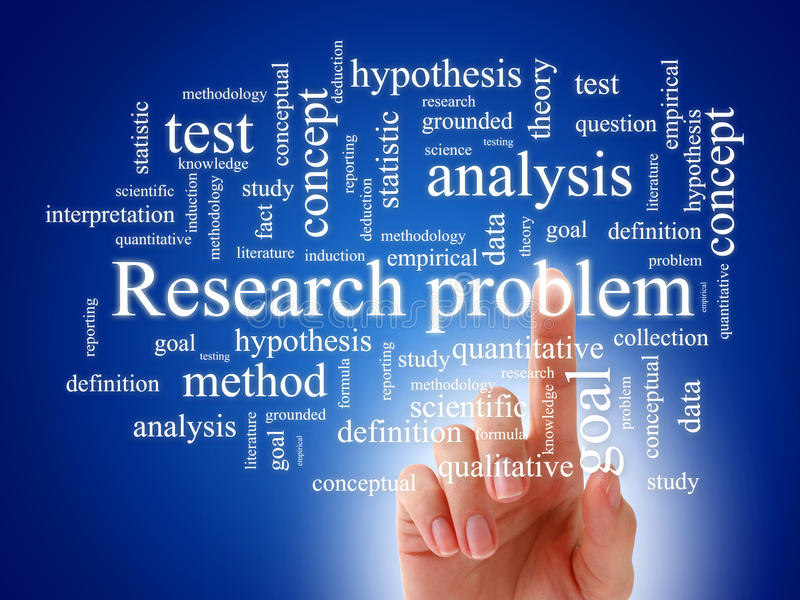
The following are articles and research on neuromuscular electrical stimulation for dysphagia (aka NMES or VitalStim therapy) and The Breather®, plus research and articles on Mobili-T® the sEMG biofeedback device
Research on NMES
Summary of Evidence – NMES for the treatment of dysphagia
Download
Dysphagia Cafe – VitalStim: Analysis of NMES and dysphagia literature
Journal of Physical Therapy Science – Effect of electrical stimulation on aspiration in children with cerebral palsy and dysphagia
ASHA Leader – Swallowing Treatment in Acute Care Looks Different With COVID-19
Dysphagia Cafe – Swallowing and patients on mechanical ventilation: Something to chew on
PulmCCM – Dysphagia and swallowing disorders in the ICU (Review)
BMC: Critical Care – Postextubation dysphagia is persistent and associated with poor outcomes in survivors of critical illness
American Academy of Otolaryngology–Head and Neck Surgery Foundation – Transcutaneous electrical stimulation versus traditional dysphagia therapy
Dysphagia Cafe – Current and emerging evidence-based strategies for targeting the laryngeal elevators
Pediatric NMES and Dysphagia Research Summary
Frontiers in Neuroscience – Neuromuscular Electrical Stimulation Improves Swallowing Initiation in Patients with Post-Stroke Dysphagia
Research on The Breather®
and Respiratory Muscle Training
Conditions The Breather can Support and Why PLUS Purposes for Use
The Breather Protocol by Use Case
Breathing, Speech, and Swallow- How it All Fits Together
Benefits of RMT on Dysphagia Patient Outcome and Economic Burden
Benefits of RMT in Parkinson’s Disease
Case Study: RMT as an Intervention for Cardiopulmonary Decline
Clinical Pilot – The Breather Improves Speech and Pulmonary Function in COPD Patients in Home Health
Clinical trial: Reduce symptoms of COPD in two weeks using The Breather
Effects of Combines Respiratory Muscle Training (cRMT) on Dysarthric Speech Following a Single CVA
Effect of Inspiratory Muscle Training on Children with Cerebral Palsy – a Randomized Control Trial
Effect of Pulmonary Rehabilitation with RMT on the Impact of COPD on Healthcare Resources
Effect of Respiratory Muscle Training on Dysphagia in Stroke Patients – A Retrospective Pilot Study
Effect of IMT Plus EMT on Multiple Sclerosis
Effect of RMT by Inspiratory Muscle Training on Failure to Wean
Effect of RMT by Inspiratory Muscle Strength Training on Failure to Wean from MV
Effect of RMT on ADL in People with Stroke and Heart Failure
Effect of RMT and Postural Techniques on Dysphagia
Effect of RMT on Cough and Swallow Function
Effect of RMT on Diaphragm Asymmetry after Stroke
Effect of RMT on Drug Delivery Using Dry Powder Inhalers
Effect of RMT on Muscle Strength and Quality of Life in Heart Failure
Effect of RMT on Neuromuscular Disease
Effect of RMT on Oxygen Uptake and Ventilatory Function
Effect of RMT on Reflux in GERD
Effect of RMT on Respiratory Muscle Strength Cough Post-Stroke
Effect of RMT on Sleep Architecture in Obstructive Sleep Apnea
Effectiveness of RMT in Female Asthma Patients
Flu, Pneumonia & Covid019 Utilizing RMT for Risk-Reduction, Treatment & Recovery
How RMT Could Reduce Hospital Readmission Rates in COPD Patients
How RMT can Affect Memory and Cognitive Decline
How RMT can Reduce Blood Pressure and the Risk of Cardiovascular Disease
Improve the Quality of your Voice with RMT
Pilot Study- Hyolaryngeal Muscle Activation in Response to RMT using The Breather
Proof of concept for effect of respiratory muscle therapy on heart failure
Research Statistics on Using the Breather for Voice and Speech
RMT and postoperative pulmonary complications risk
Should RMT be Standard of Care for all Patients at Risk of Prolonged Hospitalization
Substantiated Effects RMT has on Dyspnea, COPD, CHF, Dysphagia, Asthma and Spinal Cord Injury
The Breather Competitive Advantage – Resistive vs Threshold
Implications of expiratory muscle strength training for rehabilitation
of the elderly: Tutorial
Covid-19 Patients Suffer Long-term Lung and Heart Damage but it can Improve with Time
Prevalence of reduced respiratory muscle strength in institutionalized elderly people
Stress Resilience Program for Healthcare Professionals during a Pandemic: A Pilot Program
Impact of RMT on Pulmonary Function and Vascular Compliance – a Case Report
Added Benefits of Respiratory Muscle Training (RMT) Using the Breather to Improve Mental Focus
Effect of expiratory muscle strength training on elderly cough function
The Effects of 1 Year of Specific Inspiratory Muscle Training in Patients With COPD
